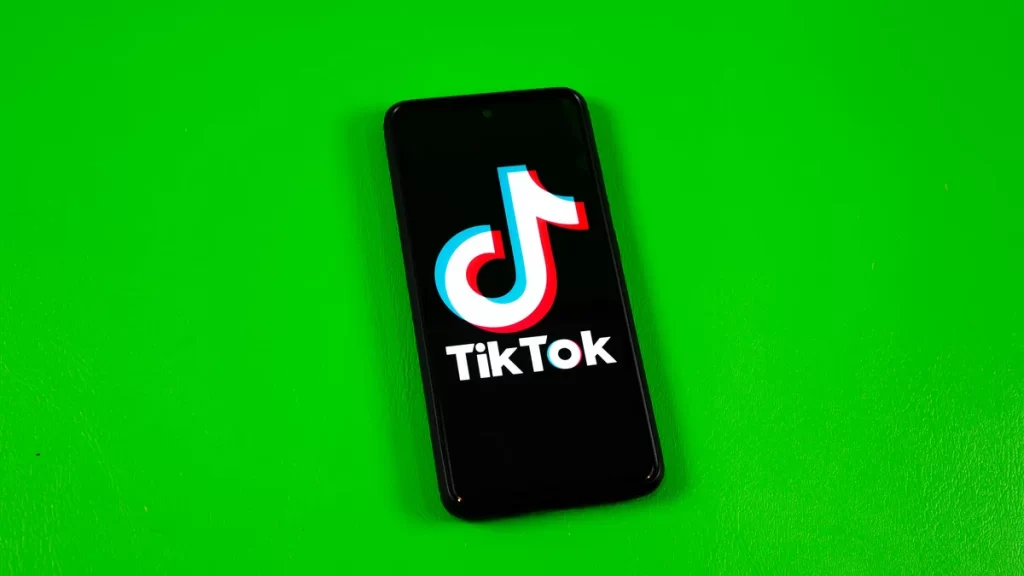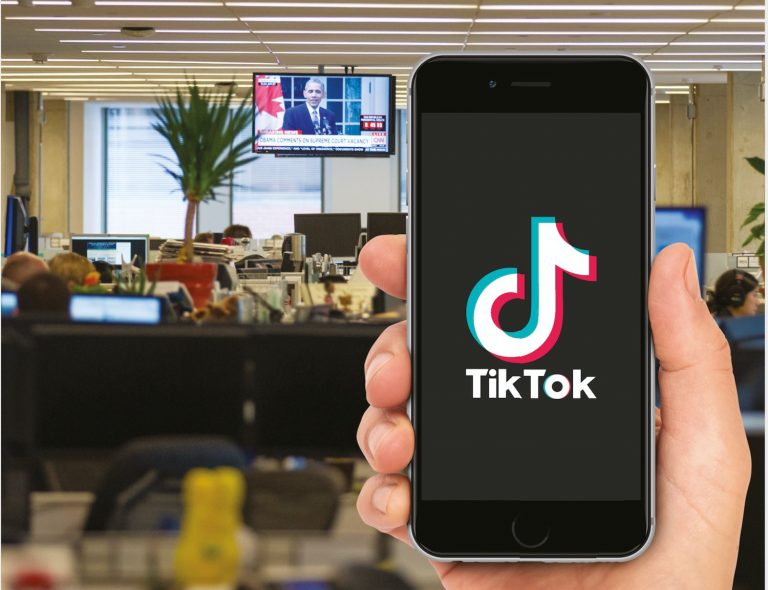
In the age of social media dominance, TikTok has emerged as a global phenomenon, captivating millions with its short-form video content. With its diverse range of content creators and viral trends, TikTok has become a cultural powerhouse, shaping conversations and trends across the globe. However, alongside its popularity comes a growing trend of using third-party tools known as TikTok video downloaders. These tools allow users to save TikTok videos onto their devices for offline viewing, sharing, or reposting. While TikTok video downloaders offer convenience and flexibility, they also raise important questions surrounding ethics, legality, and the rights of content creators.
The Appeal of TikTok Video Downloaders
TikTok video downloaders have gained popularity due to the desire of users to save and share their favorite TikTok videos beyond the confines of the platform. Whether it’s to rewatch entertaining content, share with friends, or repost on other social media platforms, TikTok video downloaders provide users with a means to curate their own collections of TikTok content. This ability to access and share content offline adds a new dimension to the TikTok experience, enhancing its appeal for users.
Legal Implications and Copyright Concerns
Despite their convenience, TikTok video downloaders raise significant legal and ethical questions, particularly regarding copyright infringement. When users upload content to TikTok, they grant the platform a license to host and distribute their videos. However, this license does not necessarily extend to third-party downloaders. Downloading and redistributing TikTok videos without proper authorization may violate the rights of content creators and contravene copyright laws. Furthermore, the Digital Millennium Copyright Act (DMCA) prohibits the circumvention of technological measures used by platforms to protect copyrighted content, potentially rendering certain video downloader tools illegal.
Privacy and Security Risks
In addition to legal concerns, TikTok video downloaders also pose privacy and security risks for users. Engaging with third-party tools may expose users to malware, phishing attempts, or data breaches, compromising the security of their personal information and devices. Furthermore, downloading and sharing TikTok videos without consent may infringe upon the privacy and consent of individuals featured in those videos, raising important ethical considerations regarding the rights of content creators and the privacy of individuals.
Platform Policies and Enforcement Measures
To address these concerns, TikTok has implemented policies and measures to combat unauthorized downloading https://tikd.cc/ and sharing of content on its platform. The company’s terms of service explicitly prohibit users from downloading or distributing TikTok videos without permission, and it actively monitors and removes infringing content. Additionally, TikTok has taken steps to block access to third-party downloader tools, signaling its commitment to protecting the rights of creators and maintaining the integrity of its platform.
Promoting Responsible Digital Citizenship
As users navigate the digital landscape, it is crucial to understand the implications of downloading TikTok videos and to act responsibly when engaging with third-party tools. Platforms like TikTok should prioritize user education, providing clear guidance on copyright laws, privacy considerations, and the risks associated with downloading content through unauthorized means. By empowering users to make informed decisions and respect the rights of creators, we can foster a more ethical and responsible digital environment for all.
While TikTok video downloaders offer convenience and accessibility, they also raise complex legal, ethical, and privacy considerations. By promoting awareness, enforcing platform policies, and fostering responsible behavior, we can strike a balance between accessibility and accountability in the digital realm. Ultimately, by respecting the rights of creators and prioritizing ethical standards, we can ensure that TikTok remains a platform for creativity, connection, and expression while upholding the integrity of intellectual property rights and privacy protections.